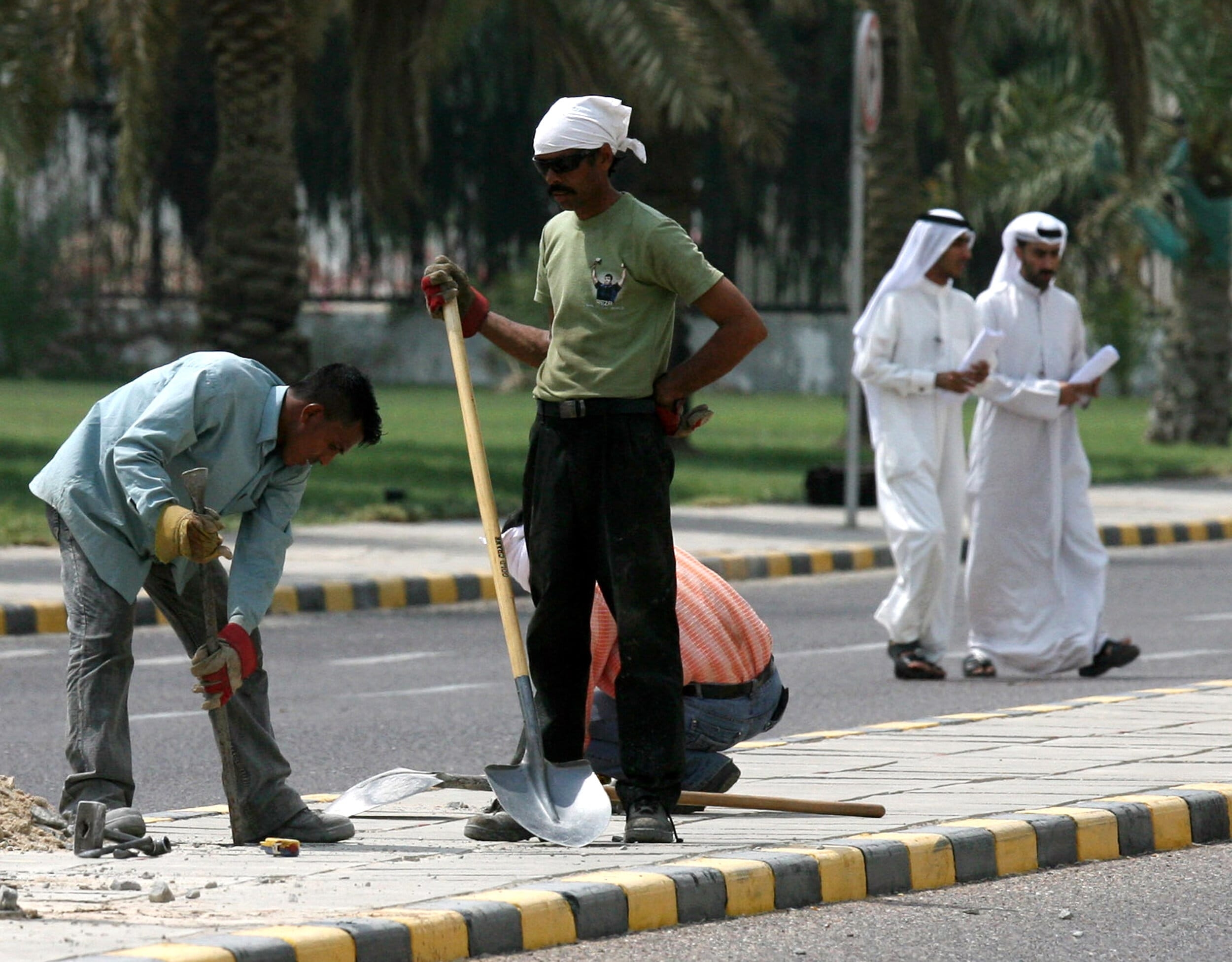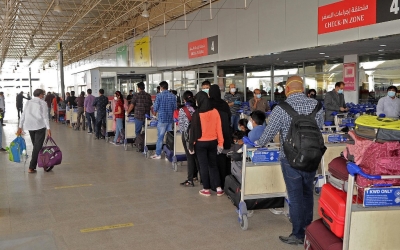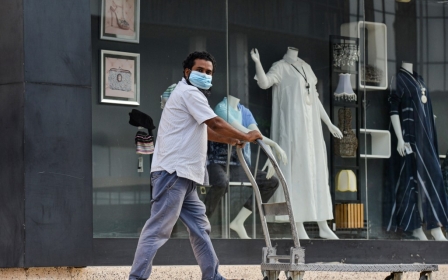Kuwait expat bill could force 800,000 Indians to leave Gulf country

A new bill approved by Kuwait's parliament could see hundreds of thousands of Indian residents forced to leave the country.
The bill, passed by Kuwait's National Assembly on Monday, states that Indians should not make up more than 15 percent of Kuwait's population.
Currently, there are 1.45 million Indians that reside in the country, making up roughly 30 percent of the population. As a result, as many as 800,000 Indian nationals could be forced to leave the country once the law is implemented later this year.
Low oil prices and the coronavirus lockdown have severely impacted Kuwait's economy, prompting demands that the government reduce the number of expatriates in the country and provide more jobs for Kuwaitis.
Kuwaiti nationals themselves constitute only 30 percent of the population, with the total expatriate population standing in at 3.4 million.
On Sunday, Kuwait Times quoted Assembly Speaker Marzouq al-Ghanem as saying that the bill would help Kuwait focus on recruiting "skilled labourers" instead of some 1.3 million workers who "are either illiterate or can merely read and write".
According to al-Ghanem, the new draft law would also impose a limit on the number of expats that businesses can recruit each year and include regulations based on their specialisations.
His comments came Kuwaiti Prime Minister Sheikh Sabah Al-Khalid Al-Sabah promised to reduce the number of expatriates from 70 percent of the population to 30 percent, last month.
It was unclear when the law would come into effect, but reports indicate that the Kuwaiti parliament aims to complete the legislation by October this year, just in time for the country's parliamentary elections that are slated for November 2020.
Middle East Eye delivers independent and unrivalled coverage and analysis of the Middle East, North Africa and beyond. To learn more about republishing this content and the associated fees, please fill out this form. More about MEE can be found here.





